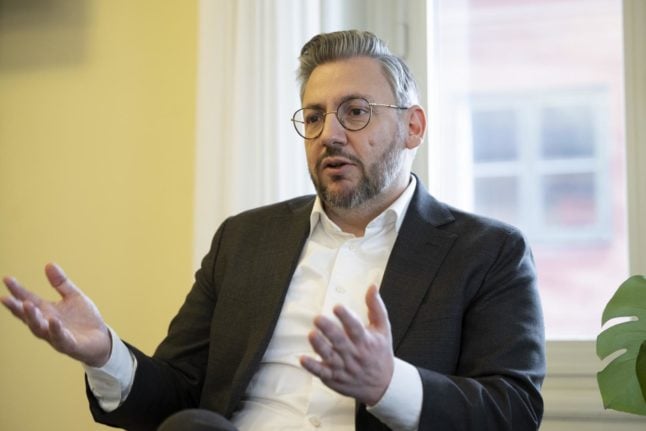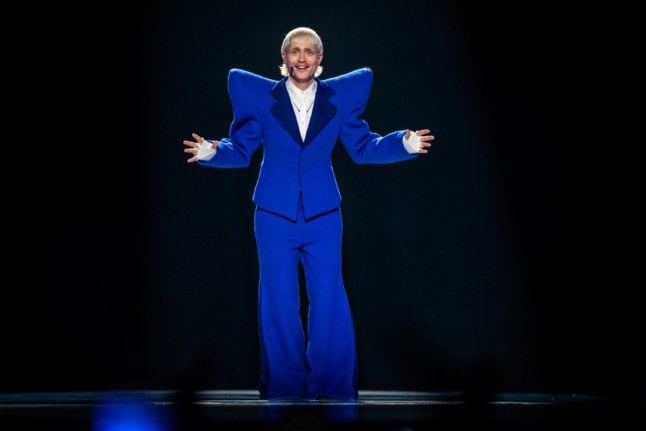In November last year, Sweden’s work permit salary threshold was raised from 13,000 kronor to 27,000 kronor a month.
Last month, the government announced plans to raise the work permit salary threshold once again, this time to Sweden’s median salary, which is currently 34,200 kronor.
Demirok said Sweden was already seeing the impact of the first hike, highlighting the country’s welfare sector as one example.
“I’ve visited a couple of cities in Sweden where they had to lay off people from care homes, where they had to send them back. They’d been here a long time working and paying taxes, without them our welfare wouldn’t go around. And all of a sudden, just because they made a couple of thousand less than this threshold, they had to be sent out,” he told The Local.
He slammed the government’s plans to further raise the threshold as a “human catastrophe” for those who will lose their jobs or be forced to leave Sweden.
“It’s going to be devastating for our welfare system, but also for other companies, not least in the green sector, it’s hard to find the labour force as it is. And if you can’t get the expertise you want, it’s going to hinder you from growing, and it’s going to make businesses go out of business,” Demirok said.
“I don’t even know why the government is doing this, it’s just giving up to the Sweden Democrats, because everyone, both the public sector and business sector, agrees that this is stupid politics.”
There has been pressure to limit labour migration across the political spectrum in recent years, with the Centre Party among the most outspoken critics against tightening up Sweden’s liberal labour migration laws.
The ruling Moderates were responsible for liberalising the work permit system in the first place when they were in government under Fredrik Reinfeldt 2006-2014 as part of the Alliance with the Christian Democrats, Liberals and Centre.
“We might be alone in parliament on this now, but we used to have friends in the Moderates, Christian Democrats and the Liberals. We used to agree on this. From the left, it’s easy to understand – if you bring in people from other countries, you also have to liberalise the labour policy in Sweden, and if you’re such good friends with the unions you don’t want to do that,” Demirok said.
“But I still can’t understand why the Moderates and Liberals are against it.”
According to Migration Minister Maria Malmer Stenergard, from the Moderates, the move is an attempt to free up low-paid positions for people already in the country.
“This will mean that more people who are already in Sweden, but can’t yet support themselves financially, will be able to take jobs which actually exist,” she said in October 2023.
Demirok argues that this isn’t realistic.
“If it was that simple, these people would be in work now. They wouldn’t be unemployed. Getting someone to work in a restaurant as a chef or working in a farm or in a hotel, you have to be skilled, you can’t just come in and work as a highly skilled chef in a restaurant,” he added.
When the 27,000 kronor threshold was introduced in November, many of The Local’s readers criticised the decision. The government’s plans to further hike the threshold would include some exceptions for certain categories of workers, although the details are not yet clear.
The proposal, submitted to Malmer Stenergard last month, has a suggested implementation date of June 1st, 2025, if it goes ahead.
For work permit renewals, current rules (80 percent of the median salary) will continue to apply for any applications for extensions submitted to the Migration Agency by June 1st, 2026, at the latest.
Listen to the full interview with Muharrem Demirok below:
Or follow Sweden in Focus wherever you listen to podcasts.



 Please whitelist us to continue reading.
Please whitelist us to continue reading.
Member comments